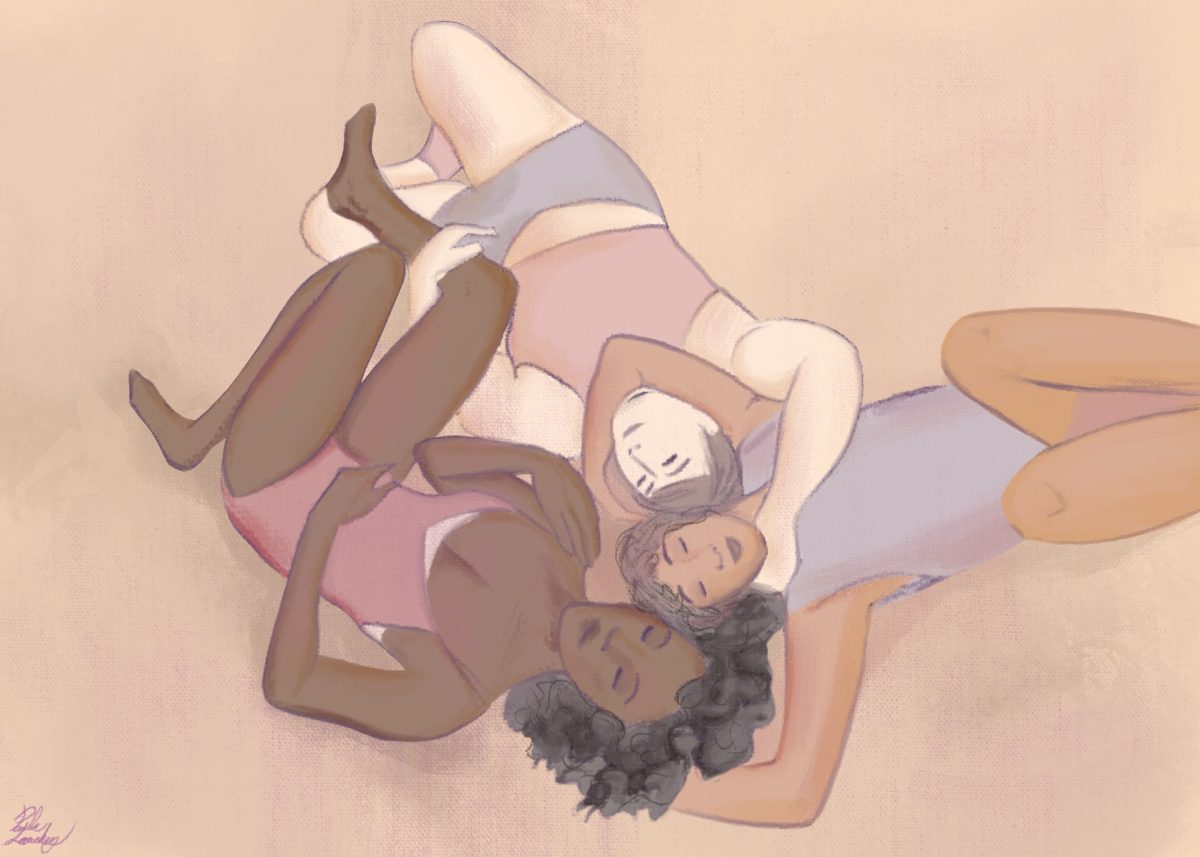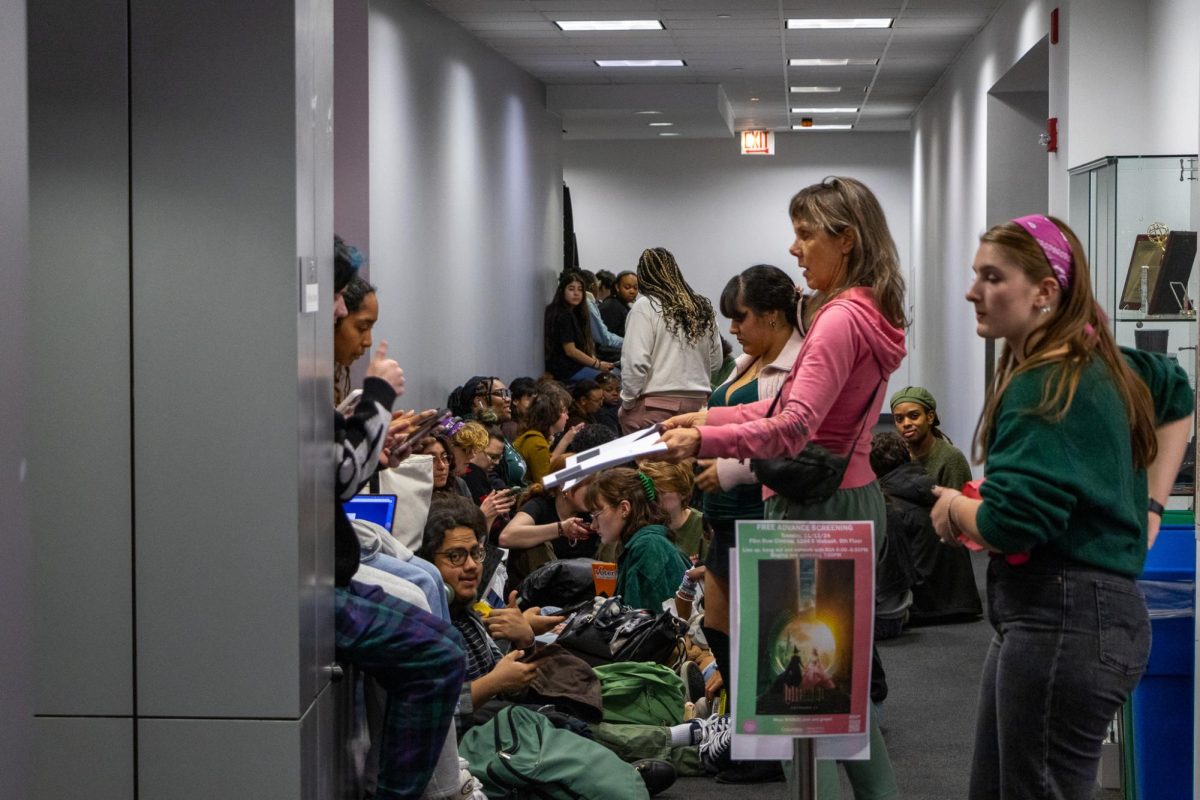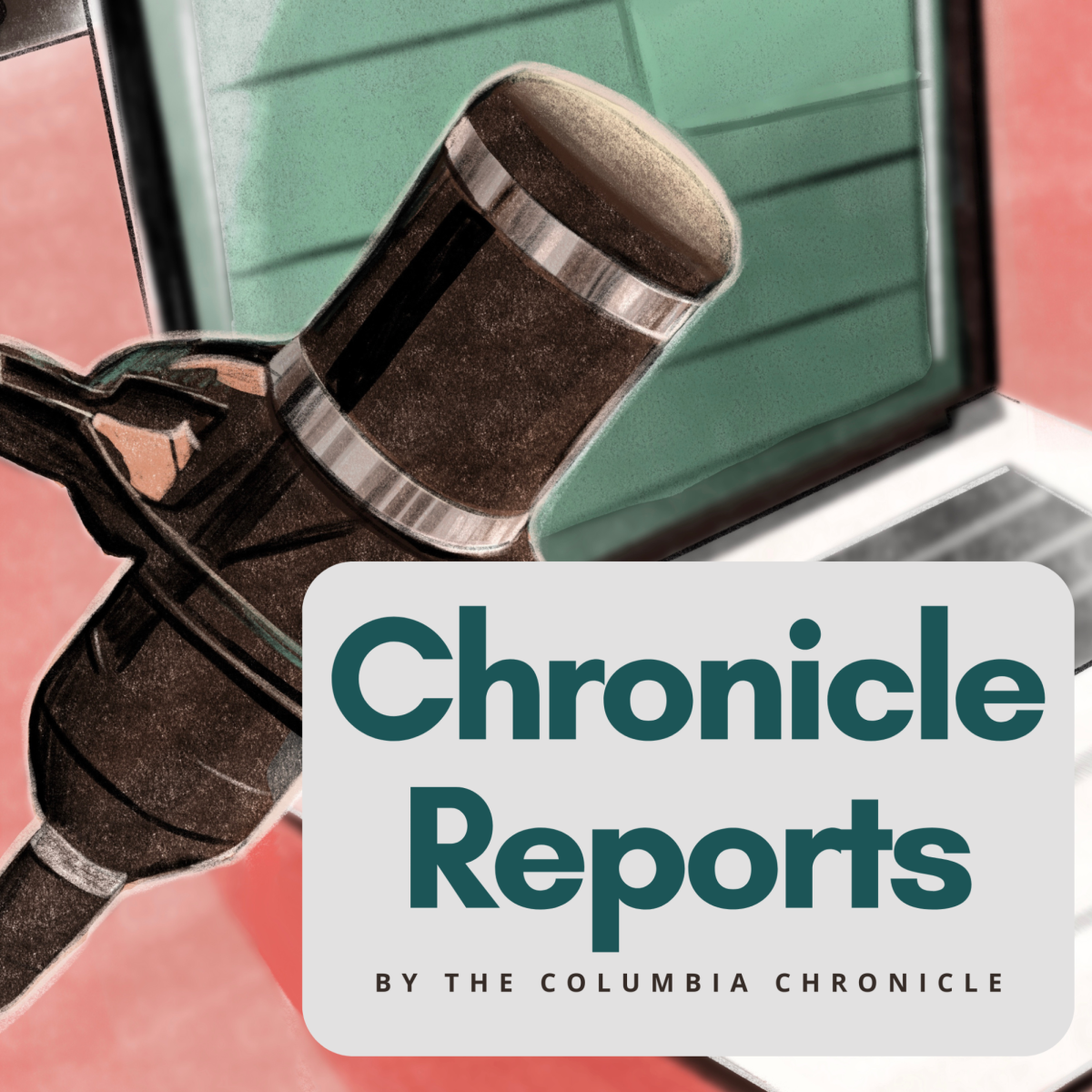THE SEX ISSUE
For many people, the word “polyamorous” carries a negative connotation: infidelity, cheating and jealousy.
However, in the digital space where many people are meeting online and exploring multiple relationships, it is already the norm.
“Sleeping around” is often a college cliche, even if it is not respectably discussed. It is an exciting, new change for many of us, where we can lean into exploration and learning. Suddenly, new opportunities to experience your sexuality and identity with others may start arising.
It can be a way to rebel from the things you have been previously told, or a way to express yourself. Either way, many of us have chosen to embrace it.
Our resources now — various barrier methods, PreP, vaccinations — have made it easier to have safe sex. However, this will never make the discussions around having sex easier. This can create unhealthy conflicts for many of us as the conversations around sex can feel like a war zone.
This may be inflamed by popular relationship forms between college students and ideas of sexuality between people with words such as “situationships,” the “talking stage” and “friends with benefits.”
Here enters the practical idea of ethical non-monogamy: a way to respect yourself, your sexual identity, wants and needs; as well as your partner’s. Understanding the basics of this can be infinitely valuable to those of us in college, on dating apps or crushing on people.
The fundamental basis of ethical non-monogamy will always be that of consent, knowledge and respect. My dad, a long-practicing polyamorist, told me, “It always must be a hell yes!” in respect to these things.
I am also polyamorous, and it can be a fantastic way to learn how to discuss and define your sexuality in a relatively safe space through clear boundaries.
Ethical non-monogamy can range from casual, sexual-anarchy type situations to having an open relationship with a primary partner to having multiple partners at once. It may be helpful to self-define what is considered a relationship, what is considered cheating and what you want from a relationship.
Personally, I find the idea of friends and lovers mingling attractive; I enjoy being able to love my friends in numerous contexts. I love the closeness I can feel with people, seeing others in private, sweet settings.
No matter how close and confident you may feel in these situations, these conversations can always be hard. It can be awkward and uncomfortable. This can be nerve-wracking for some of us.
For me, it felt analogous to clumsily coming out, over and over again. I’m a terrible blusher and I would get all red in the face. It did not matter, because these were the conversations that would allow my partner to find more comfort and trust in me.
Comfort and trust, after all, is what I wanted in my relationships. Jealousy is another pesky feeling that may prevent some of us from stepping into this concept.
Analyzing why you feel this jealousy may be helpful — do you see this person as your possession? Are you envious of the things other people could give them? Confronting these can be helpful. It is a long process and you should allow patience for yourself, but it is valuable for your future relationships.
Consider other ideas, maybe having multiple partners can satisfy multiple different needs and wants. I want my partners to be happy— and if other partners make them happy — I can be happy too.
This is not to say that you should ever feel pressured to pursue this entirely. Again, consent is paramount for this entire thing, including your own. Stick to your boundaries.
Overall, I think it’s time we may consider this term for wider use as we step into a digital age. Dating apps are an incredibly easy way to talk to multiple possible partners at once in a way we do not even think about as being non-monogamous.
Is a “talking stage” monogamous, or if not, is it worth disclosing? It’s always better to be safe than sorry. Even that can be intimidating, but again, open communication allows for more freedom. Is a situationship still a situationship if they’re in other situationships?
With these new labels, we’ll have to make new decisions. Our generation can pioneer this new age of non-monogamy as being positive, loving and confident















